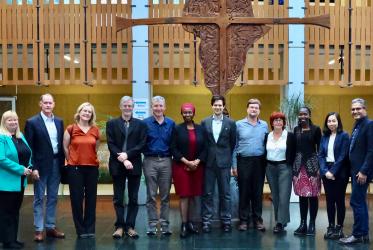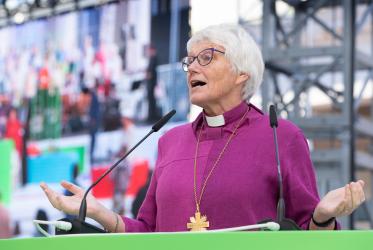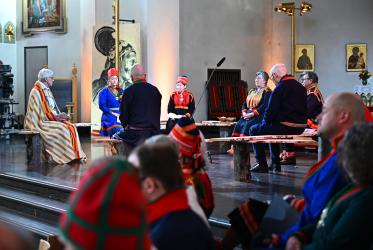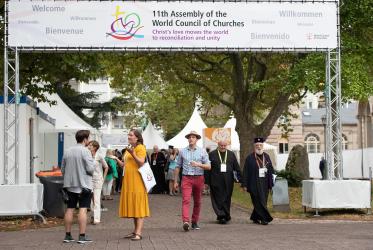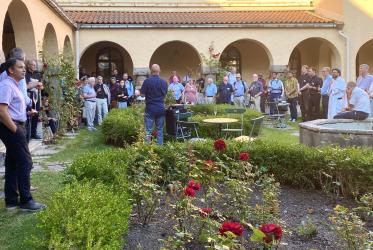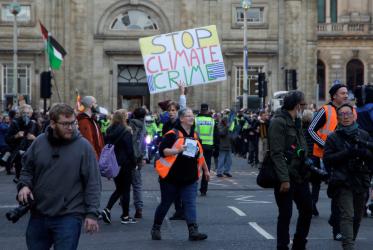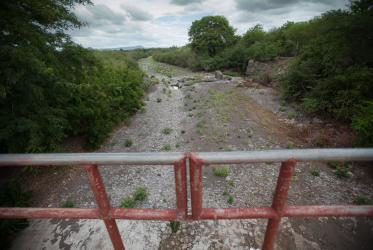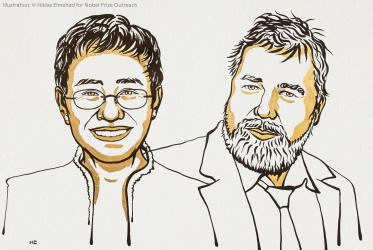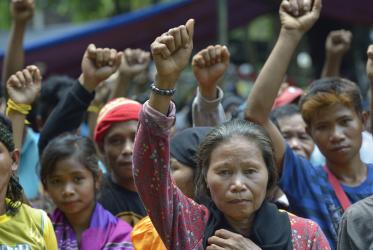Displaying 21 - 40 of 232
Church of Sweden apologizes to Sámi people, this time in Sápmi
27 October 2022
Uppsala 1968: The times, they were a’changing
06 September 2022
Unity is key when health crisis poses new challenges in Asia
28 February 2022
Church of Sweden publicly apologises for abuse of Sámi people
26 November 2021
WCC mourns passing of Rev. Dr Jose Pepito Manansala Cunanan
18 October 2021
WCC congratulates 2021 Nobel Peace Prize laureates
14 October 2021
